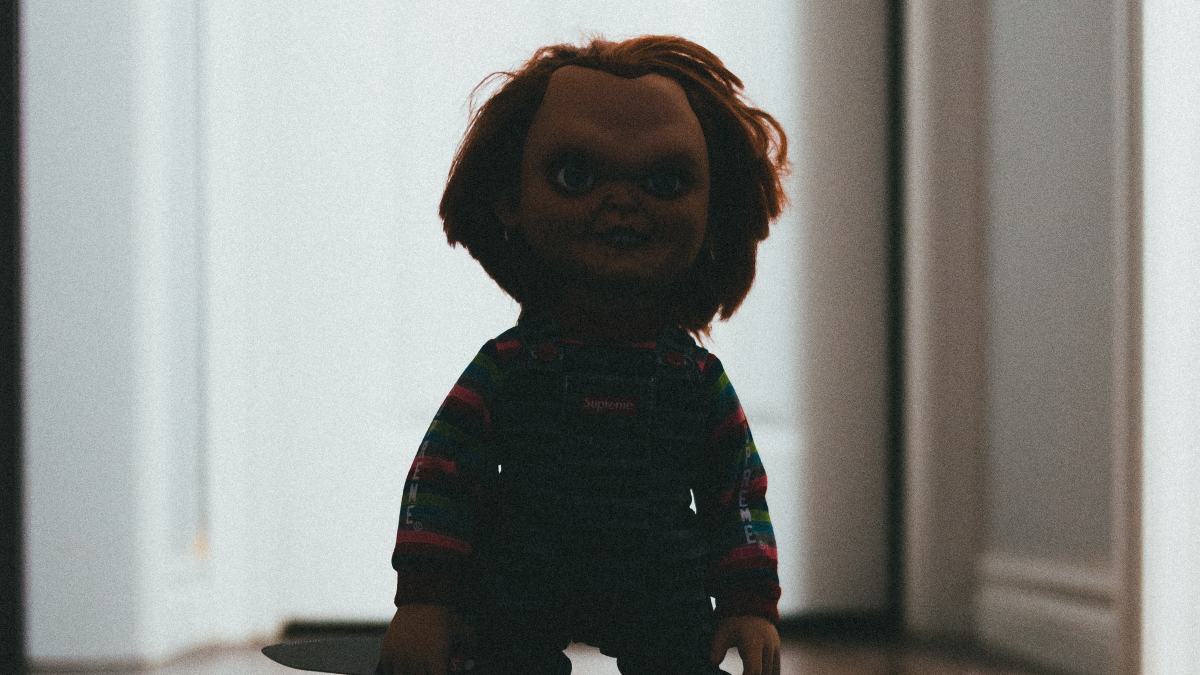
Why Horror Movies Are Irresistible To Us Despite The Sleepless Nights
The suspense formula coupled with personality-based tendencies towards the dark and unknown turns halloween flicks into blockbusters.

By Jourdan Travers, LCSW | November 7, 2023
Horror movies are immensely popular this time of year. Even though these movies are often unsettling, eliciting shock, fear or disgust, audiences willingly subject themselves to the jump scares and potential sleepless nights that may ensue. This raises an intriguing question—why do we willingly put ourselves through this ordeal?
A study published in Frontiers in Psychology examined the psychological underpinnings of the allure of horror. Here are two reasons why we can't resist horror movies, according to the study.
1. Suspense Keeps Us Hooked
The build-up and consequent resolution of suspense is one possible explanation for our fascination with horror. According to a 2022 study, suspense is often a state of co-existing, mixed emotions, specifically those of hope and fear. We may fear for a character's life in the film or dread a serial killer's appearance on-screen, while simultaneously hoping for them to be defeated and experiencing relief and joy when they are.
When the threat is resolved in the story, it creates a shift from negative to positive emotions within us. The very thing that scares us also soothes us, allowing us to believe that despite the shock and awe, watching horror movies is still an emotionally safe and eventually gratifying experience.
Horror and suspense can also make us more alert, as part of a survival instinct that allows us to watch out for threats. Our bodies experience similar levels of physiological arousal when faced with real, imagined or vicarious threats, the antidote to which is a satisfying movie ending where the protagonist survives the odds and "wins" against an evil force.
2. Some Personalities Are Made For Horror
Individuals with certain personality traits are more inclined to seek out horror films. These include:
- Low empathy. Research shows that individuals with higher levels of empathy experienced greater personal distress and lesser enjoyment of suffering in films, while still enjoying danger, excitement and happy endings.Empathetic viewers often relate to the characters' fear and suffering, making the experience more distressing. Conversely, individuals lower on empathy enjoy horror more. Younger male viewers may identify with the killer, while women are more likely to empathize with the victim.
- Sensation-seeking. A 2018 study found that sensation seeking, the desire for varied, novel and intense experiences, is a crucial personality trait associated with enjoying horror. Highly sensation-seeking individuals enjoy the thrilling and adrenaline-inducing aspects of horror movies as they crave emotional stimulation, even if it is negative.
- The Big Five personality traits. The 2018 study also found associations between the big five personality traits and consumption of horror movies. Individuals high on the "intellect/imagination" facet enjoy the intellectual stimulation and mental challenge that horror offers and willingly confront the initial discomfort that horror may evoke, seeing it as a way to simulate threats and ultimately gain a sense of mastery over them. Being extraverted and agreeable was also linked to enjoying horror media with others. Highly conscientious individuals displayed less fear after watching such films and those high in emotional stability were less easily scared than those low in emotional stability.
- Dark personality traits. The dark personality traits of psychopathy, characterized by callousness and a lack of empathy, as well as Machiavellianism, a tendency to manipulate and deceive others for personal gain, are also linked to the enjoyment of horror.
- Disgust sensitivity. Individuals high on disgust sensitivity are more likely to experience strong feelings of disgust in response to unclean, offensive or repulsive stimuli. Research shows that women tend to have greater disgust sensitivity, thereby being less likely to enjoy horror movies than men.
Conclusion
Our fascination with horror movies is a complex interplay of psychological factors, including our appetite for suspense, level of empathy, sensation-seeking tendencies and unique personality traits. As Halloween approaches, you can dive into the world of horror movies with a newfound appreciation for the psychology that drives your curiosity.
